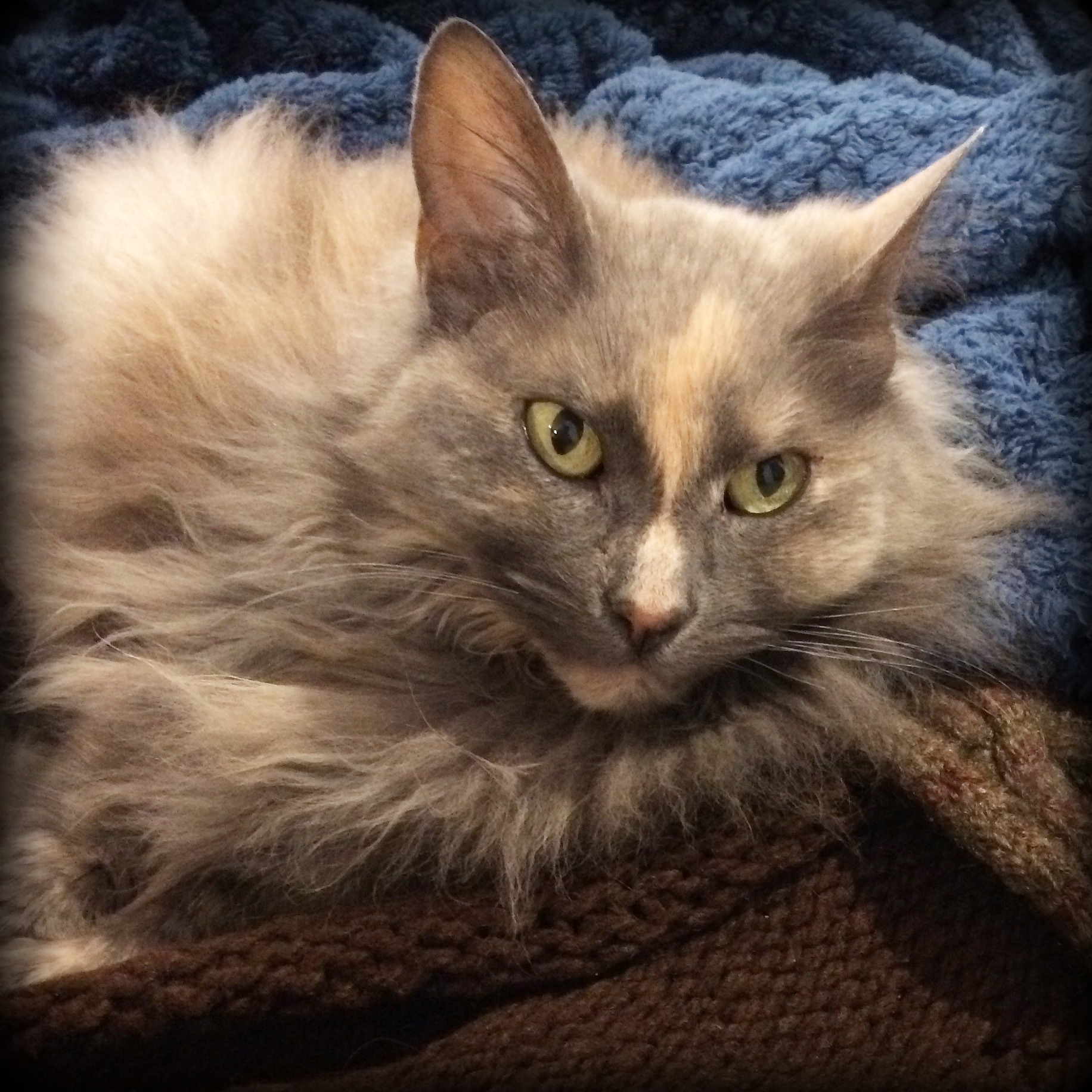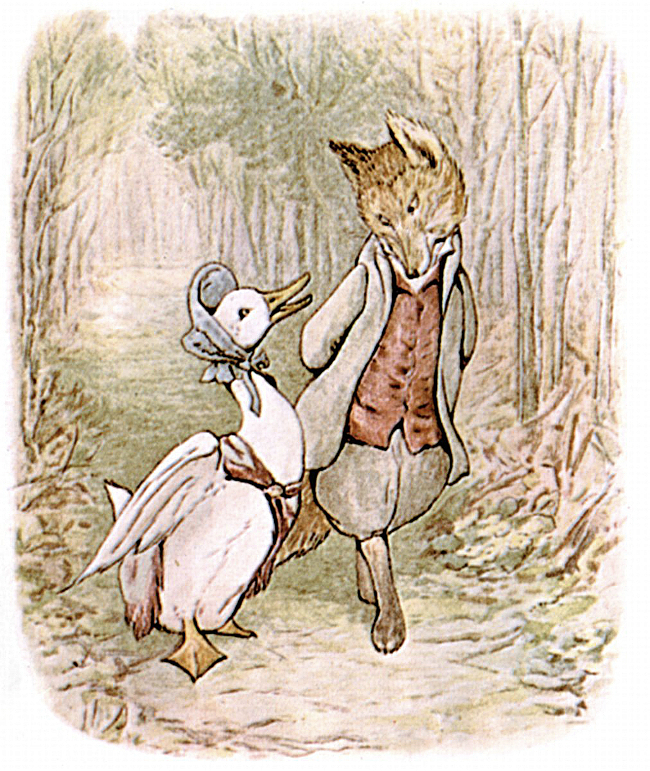
Foxes have long been portrayed in literature as mischievous and sly, practical jokers or charlatans; from Aesop’s The Fox and The Rook to Jemima Puddleduck’s elegant gentleman. Reynard the Fox is a trickster who dates back to the twelfth century. There are downright villains making lunch of our heroes and heroines, such as Foxy Loxy. There are also various sympathetic literary portrayals of foxes, such as Sharp Ears the Vixen, the subject of a Czech opera by Leoš Janáček. There is Denys Watkins-Pitchford’s, (also known as B.B.) Wild Lone: The Story of a Pytchley Fox. Daniel P. Mannix’s Tod from The Fox and the Hound is a heart-breaker, which was adapted into a beloved Disney film. And the Japanese fairy tale Gon the Little Fox ends in terrible tragedy.
But it may be Fantastic Mr. Fox who is one of the most popular foxes in literature today, among little ones in any case. His story combines both triumph and tragedy, along with Roald Dahl’s signature humour. Dahl was always quick to remind us that Mr. Fox had a wife and four kits who needed feeding. So rather than being outraged that he stole that chicken, we cheered him on while he outwitted the farmer.
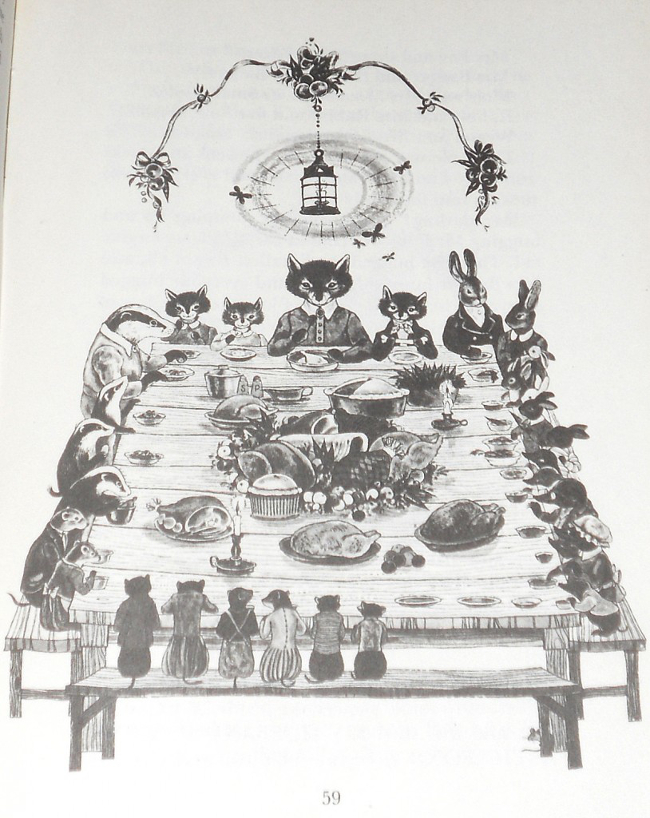
Just recently I discovered a picture book of The Fox Went out on a Chilly Night (illustrated by Peter Spier), which is based on a very old song, known as The Fox or The Fox and the Goose. There are several bluegrass versions of the song now and it is an immensely popular folk song. It is one of the few English folk songs that is known to have been composed as early as the fifteenth century.1
In 1952 R.H. Bowers transcribed a fifteenth century The Fox and the Goose from a manuscript in the British Libray (MS Royal 19.B.iv, fol. 97v.), and he suggested that it was missing its opening verse. The poem begins abruptly, as Bowers notes, with the fox saying “Peace to you”.
The Fox and the Goose
pax vobis quod the ffox for I am comyn to toowne
It fell ageyns the next nyght
the fox yede to with all hys myghte
with oouten cole or candelight
whan that he cam vnto the toowne
Whan he cam all in the yarde
soore te geys wer ill aferde
I shall macke some of yowre berde
er that I goo from the toowne
whan he cam all in the croofte
there he stalkyd wundirfull soofte
for here haue I be frayed full ofte
whan that I haue come to toowne
he hente a goose all be the heye
faste the goos began to creye
oowte yede men as they myght heye
and seyde fais fox lay it doowne
Nay he said soo mot I the
sehe shall goo vnto the wode with me
sehe and I vnther a tre
e mange the beryis browne
I haue a wyf and sehe lyeth seke
many smale whelppis sehe haue to eke
many bonys they muste pike
will they len a downe 2
In his study of The Fox and the Goose, George Perkins suggested that the manuscript version read like it was not the scribe’s own composition, nor copied from a written source, but remembered from the oral tradition, with some omissions. Thus he speculated there was a good probability the song had been around for some time before it was copied into the above fifteenth century manuscript. 3
Other versions popped up between 1500 and 1800. The fourth verse of the song became a short nursery rhyme all its own. Joseph Ritsin published this version in London in the 19th century.
Old mother Widdle Waddle jumpt out of bed,
And out of the casement she popt out her head,
Crying, “The house is on fire, the grey goose is dead,
And the fox has come to the town, oh!”4
And Sir Walter Scott quoted the first stanza of a Scottish version in correspondence
“Eh,” quo the tod, “It’s a braw licht nicht,
The win’s i the wast, an the mune shines bricht,
The win’s i the wast, an the mune shines bricht,
An I’ll awa to the toun, O. 5
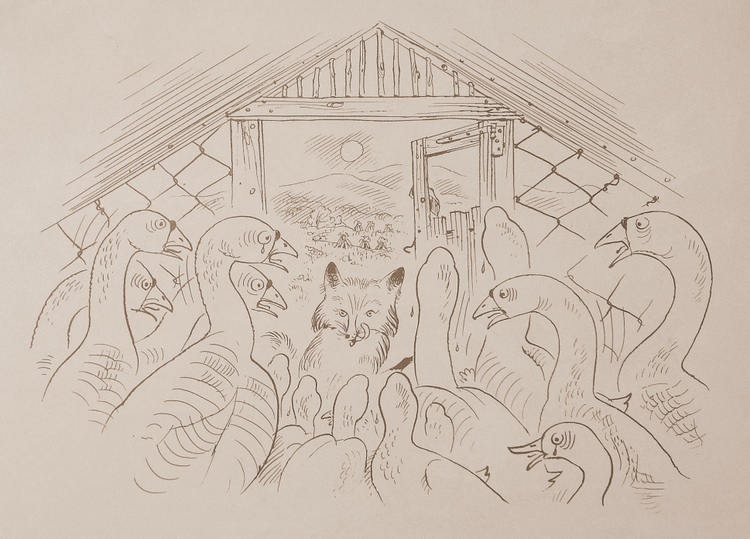
And although Spier’s fox is looking quite menacing in the illustration above, he is merely taking a meal home for his wife and his ten kits, far larger than Mr. Fox’s brood.
The Fox
A fox jumped up one winter’s night
And he begged the moon to give him light
For he’d many miles to trot that night
Before he reached his den O!
Den O! Den O!
For he’d many miles to trot that night
Before he reached his den O!The first place he came to was a farmer’s yard
Where the ducks and the geese declared it hard
That their nerves should be shaken and their rest so marred
By a visit from Mr. Fox O!
Fox O! Fox O!
That their nerves should be shaken and their rest so marred
By a visit from Mr. Fox O!He took the grey goose by the neck
And swung him right across his back;
The grey goose cried out Quack quack quack,
With his legs hanging dangling down O!
Down O! Down O!
The grey goose cried out Quack quack quack,
With his legs hanging dangling down O!Old Mother Slipper Slopper jumped out of bed,
And out of the window she popped her head:
Oh! John, John, John, the grey goose is gone,
And the fox is off to his den O!
Den O! Den O!
Oh! John, John, John, the grey goose is gone,
And the fox is off to his den O!John ran up to the top of the hill,
And he blew his whistle loud and shrill;
Said the fox, That is very pretty music; still –
I’d rather be in my den O!
Den O! Den O!
Said the fox, That is very pretty music; still –
I’d rather be in my den O!The fox went back to his hungry den,
And his dear little foxes, eight, nine, ten,
Quoth they, Good daddy, you must go there again,
If you bring such good cheer from the farm O!
Farm O! Farm O!
Quoth they, Good daddy, you must go there again,
If you bring such good cheer from the farm O!The fox and his wife, without any strife,
Said they never ate a better goose in all their life:
They did very well without fork or a knife,
And the little ones picked the bones O!
Bones O! Bones O!
They did very well without fork or a knife,
And the little ones picked the bones O!6
The Fox Went Out On A Chilly Night By Bob Shane
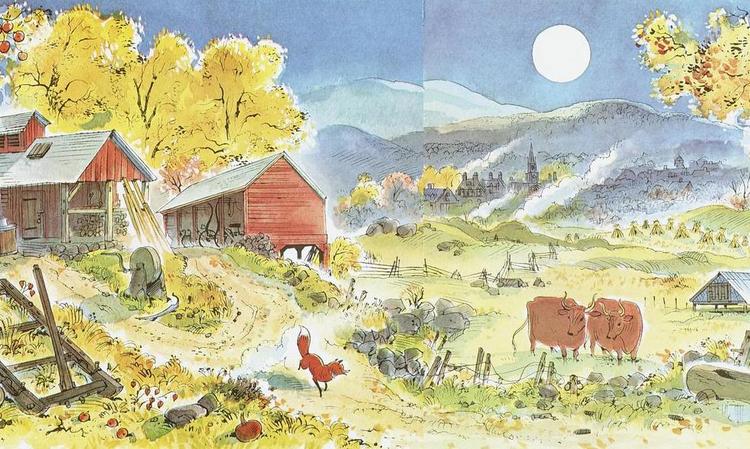
- Perkins, George,’A Medieval Carol Survival: “The Fox and the Goose” The Journal of American Folklore, Vol. 74, No. 293 (Jul. – Sep., 1961)American Folklore Society pp. 235 ↩
- Bowers, R.H. “The Middle-English “The Fox and the Goose” The Journal of English and Germanic Philology, Vol. 51, No. 3 (Jul., 1952), University of Illinois Press, pp. 393-394 ↩
- Perkins, George,’A Medieval Carol Survival: “The Fox and the Goose” The Journal of American Folklore, Vol. 74, No. 293 (Jul. – Sep., 1961)American Folklore Society pp. 236 ↩
- Ibid ↩
- Whitelaw, Alexander, The Book of Scottish Song ↩
- Opie, Iona and Peter, The Oxford Dictionary of Nursery Rhymes,Oxford University Press, The Softback Preview, 1992, pp. 172-175 ↩



